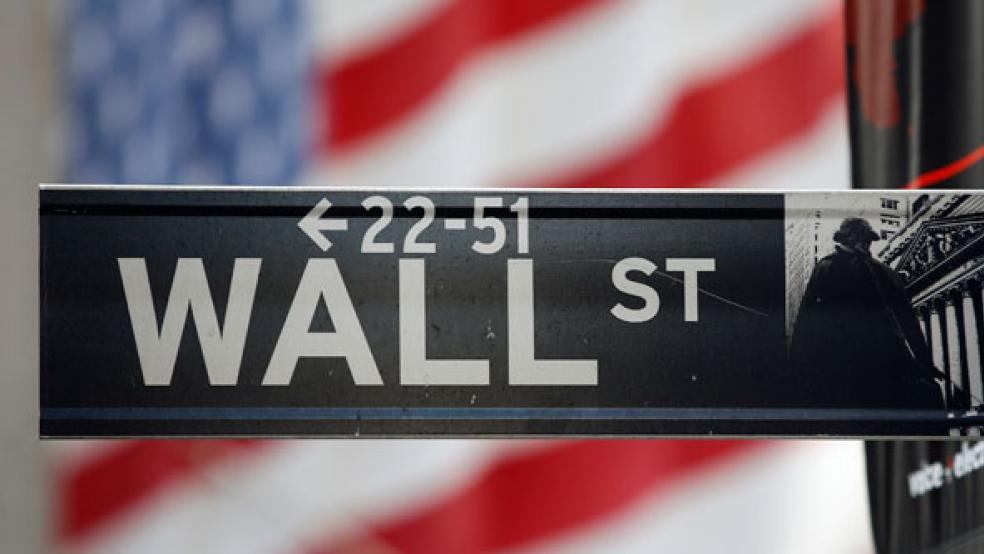Wall Street traders are going to have to pack their tablets and work computers in their holiday luggage after all.

A traditionally quiet week could become hellish for traders as politicians in Washington are likely to fall short of an agreement to deal with $600 billion in tax hikes and spending cuts due to kick in early next year. Many economists forecast that this "fiscal cliff" will push the economy into recession.
Thursday's debacle in the U.S. House of Representatives, where Speaker John Boehner failed to secure passage of his own bill that was meant to pressure President Obama and Senate Democrats, only added to worry that the protracted budget talks will stretch into 2013.
Still, the market remains resilient. Friday's decline on Wall Street, triggered by Boehner's fiasco, was not enough to prevent the S&P 500 from posting its best week in four. "The markets have been sort of taking this in stride," said Sandy Lincoln, chief market strategist at BMO Asset Management U.S. in Chicago, which has about $38 billion in assets under management. "The markets still basically believe that something will be done," he said.
If something happens next week, it will come in a short time frame. Markets will be open for a half-day on Christmas Eve, when Congress will not be in session, and will close on Tuesday for Christmas. Wall Street will resume regular stock trading on Wednesday, but volume is expected to be light throughout the rest of the week with scores of market participants away on a holiday break.
RELATED: Dogs of the Dow: Will They Bark or Bite in 2013?
For the week, the three major U.S. stock indexes posted gains, with the Dow Jones industrial average up 0.4 percent, the S&P 500 up 1.2 percent and the Nasdaq Composite Index up 1.7 percent.
Stocks also have booked solid gains for the year so far, with just five trading sessions left in 2012: The Dow has advanced 8 percent, while the S&P 500 has climbed 13.7 percent and the Nasdaq has jumped 16 percent.
IT COULD GET A LITTLE CRAZY
Equity volumes are expected to fall sharply next week. Last year, daily volume on each of the last five trading days dropped on average by about 49 percent, compared with the rest of 2011 - to just over 4 billion shares a day exchanging hands on the New York Stock Exchange, the Nasdaq and NYSE MKT in the final five sessions of the year from a 2011 daily average of 7.9 billion.
If the trend repeats, low volumes could generate a spike in volatility as traders keep track of any advance in the cliff talks in Washington.
"I'm guessing it's going to be a low volume week. There's not a whole lot other than the fiscal cliff that is going to continue to take the headlines," said Joe Bell, senior equity analyst at Schaeffer's Investment Research, in Cincinnati. "A lot of people already have a foot out the door, and with the possibility of some market-moving news, you get the possibility of increased volatility."
Economic data would have to be way off the mark to move markets next week. But if the recent trend of better-than-expected economic data holds, stocks will have strong fundamental support that could prevent selling from getting overextended even as the fiscal cliff negotiations grind along.
Small and mid-cap stocks have outperformed their larger peers in the last couple of months, indicating a shift in investor sentiment toward the U.S. economy. The S&P MidCap 400 Index overcame a technical level by confirming its close above 1,000 for a second week.
"We view the outperformance of the mid-caps and the break of that level as a strong sign for the overall market," Schaeffer's Bell said. "Whenever you have flight to risk, it shows investors are beginning to have more of a risk appetite."
Evidence of that shift could be a spike in shares in the defense sector, expected to take a hit as defense spending is a key component of the budget talks. The PHLX defense sector index hit a historic high on Thursday, and far outperformed the market on Friday with a dip of just 0.26 percent, while the three major U.S. stock indexes finished the day down about 1 percent.
Following a half-day on Wall Street on Monday ahead of the Christmas holiday, Wednesday will bring the S&P/Case-Shiller Home Price Index. It is expected to show a ninth-straight month of gains. U.S. jobless claims on Thursday are seen roughly in line with the previous week's level, with the forecast at 360,000 new filings for unemployment insurance, compared with the previous week's 361,000.
(Additional reporting by Chuck Mikolajczak of Reuters)




